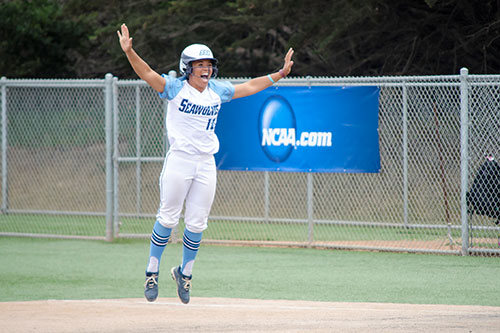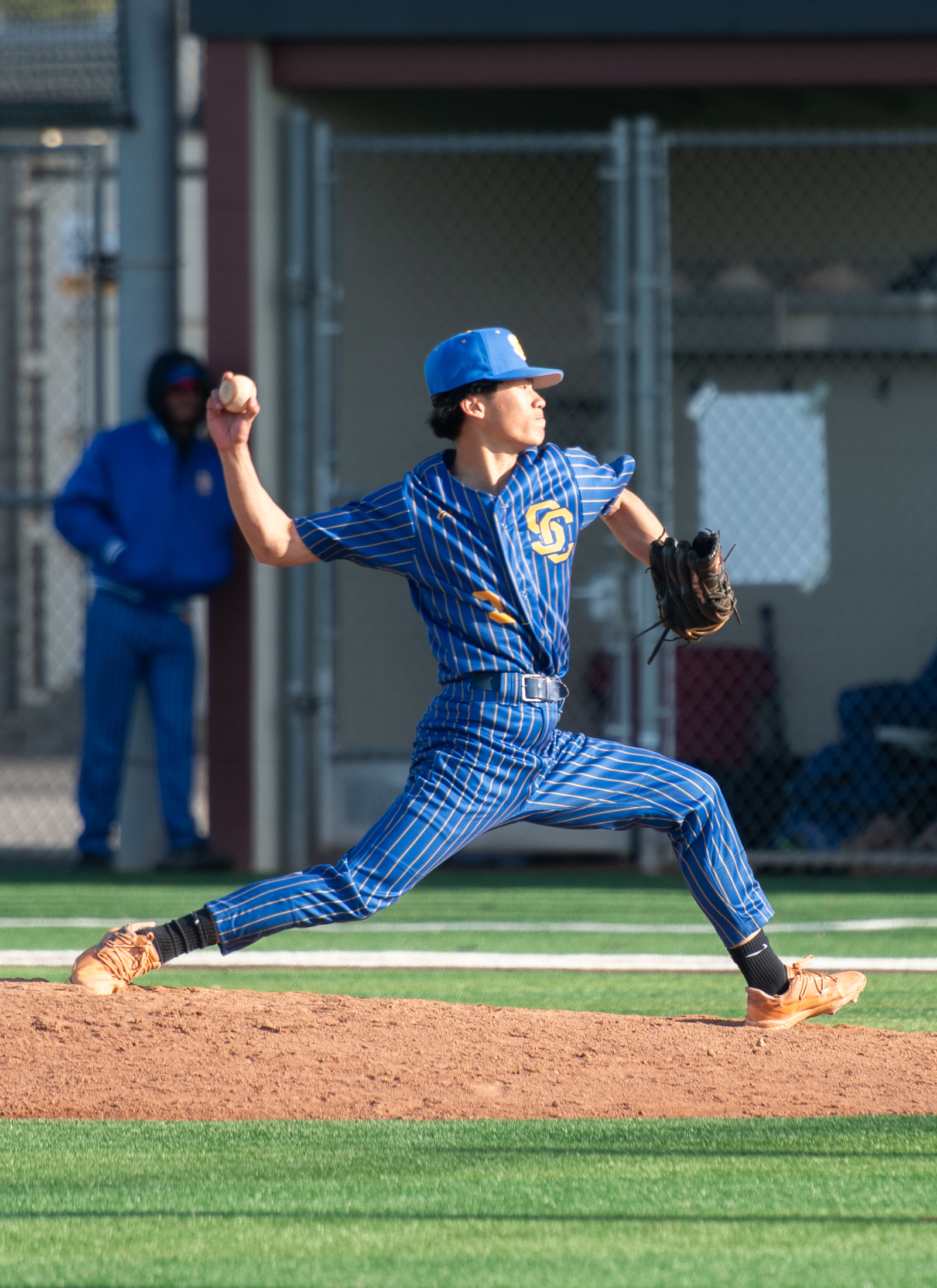

My shirt was drenched in sweat and covered in dirt. My legs could barely support the weight of my body. I was counting down the minutes until I finally got to sit down and eat. It had probably been five or six hours since my last meal.
That was when I looked over to my fellow, freshman teammate who was walking beside me and with despair in my voice I asked, “Do you realize we have four years of this?”
What made it worse was coming home from morning practice at the softball field and seeing my roommates just waking up. They could go out to lunch but I had to be at a team meeting. They could study for a midterm during the day but I had to stay up until midnight doing it.
I was envious. I found myself constantly asking questions like, “Why are you doing this to yourself?” and “Is it really worth it?”
Today, the perception is that the purpose of college athletics is to provide a gateway into professional sports. That is what I thought, as well. But, according to NCAA research only 8.6 percent of college baseball players play professionally, which was the highest of all the men’s sports. Most of the other men’s sports fall under 2 percent, such as football and basketball. As for women, like me, women’s basketball holds the highest probability of going pro with a whopping 0.9 percent.
So, if I have a slim-to-none chance of playing professionally then the question still remains, why play? Why put myself through the grueling workouts where I am constantly on the verge of passing out or throwing up? Why practice when I know that there is a girl better than I am who is probably going to be given the starting spot anyways?
It may have taken me four years but I have finally found the answers.
“Life is about being a versatile athlete and training in all realms of life,” said Ray Lewis, former cornerback for the Baltimore Ravens.
In an essay written by the U.S. Sports Academy in 2012, it was said that “Athletic programs were first incorporated into institutions of higher learning because it was believed that participation in sports helped to build character.”
And that is exactly what my sport has done for me.
From my sport I learned to compete; whether it was for a starting spot in the lineup or the highest grade on a test. I learned how to be resilient and pick myself up during my weakest moments. I learned how to manage my time and honor my commitments.
All of these lessons were taught on the field, not in a classroom.
Now, I no longer envy my roommates or the normal students because although they get more time to sleep, study and hang out, they will never know how it feels to complete a intense workout that pushes your physical and mental limits, hit a game-winning homerun or hold a championship banner.
I would do it all over again and I am sure most student-athletes say they would too.
So, our shirts may be sweat-stained from the day it was 100 degrees and we had practice. Our Nikes are probably destroyed from that one time our coach told us to sprint through that muddy field. If you see us in your night class, we just got done with practice and no, we haven’t had time to shower, change our clothes or eat.
But, we are okay with that because the lessons we learn are ones that can’t be taught on a whiteboard or PowerPoint. These lessons teach us about life and how to cope with the adversity and struggle that comes our way. And we know that we will overcome such difficulties because we have trained for it, because we are prepared and because we are student-athletes.
Aubrie Tolliver graduated from Wilcox High School in 2012. She earned her undergraduate degree in communications from Sonoma State University and will be attending Syracuse University this fall pursuing her Master’s in Sports Broadcast Journalism.



